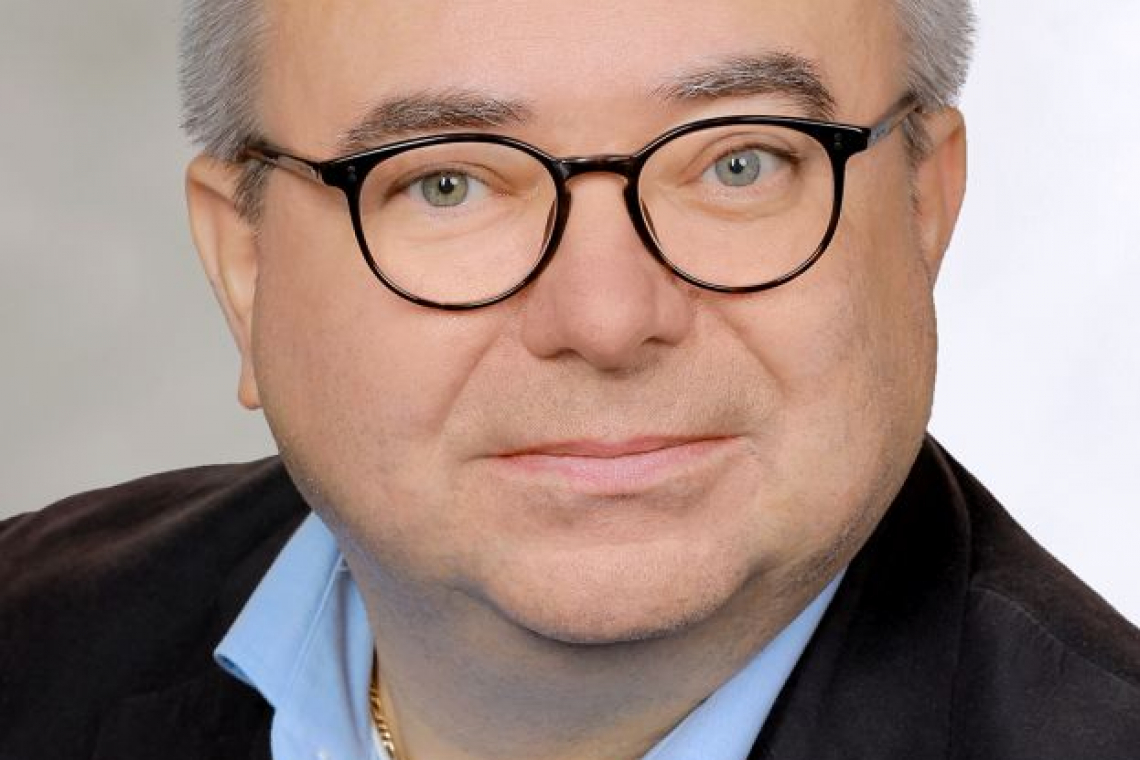"The variety of corrosion tests will increase!"
Josef Andrek Managing Director of the Institute for Electroplating and Surface Technology IGOS in Solingen. Interview: Robert Piterek
Mr. Andrek, Mercedes is one of your customers. What do you do for the car manufacturer?
We work indirectly for Mercedes, where they have a classification history for accredited laboratories. Mercedes calls this WEB 2020, which has recently been given a small plus. However, WEB does not stand for the Internet, but for initial material sampling. We have been listed as a laboratory in this area since 2019. This means that we can carry out type approvals for almost all standard corrosion tests for Mercedes suppliers, in particular the climate change test 2 (KWT 2) with a 2 m³ test chamber.
To what extent do you still work for the automotive industry?
Our customers are the suppliers who coat parts for car manufacturers. Suppliers to BMW, VW, Volvo and Tesla, for example, are also customers. The OEMs have their own large laboratories, but have their tests carried out by independent laboratories like ours. I estimate that 60 to 70 percent of our business depends on the automotive industry. I have to estimate because we only see the components. If they are not marked, we don't know where they are used.
What other orders do you receive from the electroplating and surface technology sectors?
We test components from the fittings industry such as screws, nuts and the like for corrosion. There is also the construction sector. Other customers come from the electrical and electronics industry with circuit boards or soldered components. For many components, it is unclear which area they go into. They could be wind turbines or cars.
You also have a small electroplating and chemical analysis facility. What's that all about?
We still have small-scale electroplating, but we have largely withdrawn from the field of chemical analysis. There are simply too many laboratories that also offer analysis for electroplating. In addition, the specialist companies still offer the analyses free of charge. Other companies are much stronger here. In contrast to us, they do a lot of analysis and are specialized accordingly.
Another mainstay of your institute is training courses...
Our training courses are aimed at people who are just starting out. They come from electroplating companies as well as from customers. We teach the basics, explain where the problems are and how electroplating and the systems installed there work. Topics also include the differences between barrel, rack and strip electroplating, chemistry, how degreasing works and which coating systems are available, e.g. copper-nickel-chromium and zinc. Plastic electroplating is also part of the program. We train people who want to understand the system but don't need to go into detail.
Which offer is the most popular?
Our training course on corrosion testing is a perennial favorite. I run most of the courses myself. Our course on personnel development is currently run by Wolfgang Kohl.
What are the prospects for your business?
We are of course very dependent on the economy. The more the automotive industry is affected, the more difficult it becomes. However, we are not exclusively reliant on electroplating technology, but also test painted parts, as well as electroplated layers plus paint. I still see a future in corrosion testing. Corrosion is still an issue, especially corrosion protection. Corrosion protection tests are becoming more and more sophisticated. The variety will increase in the future!
INFO
IGOS
The Institute for Electroplating and Surface Technology in Solingen has 7 employees and one part-time employee. It is equipped with systems for small and large parts. The largest test chamber is 3.5 m3 in size. The institute mainly earns its money with the metallography laboratory for microsections and microscopy, XRF coating thickness measurements, hardness measurements, wear tests, coulometric measurements, potential differences and a scanning electron microscope for structural imaging and damage analysis. Solingen is ideally located with its proximity to the zinc die-casting town of Velbert, the Sauerland region with its sanitary ware manufacturers and nearby automotive and electroplating suppliers, says Andrek.
Josef Andrek
has managed IGOS since 2012 and has worked there since 2002. Since 2019, he has also been the owner of the institute, which was founded in 1993.
Andrek is a trained electroplater and originally comes from the Sauerland region. After his apprenticeship, he studied surface technology and materials science at Aalen University.





